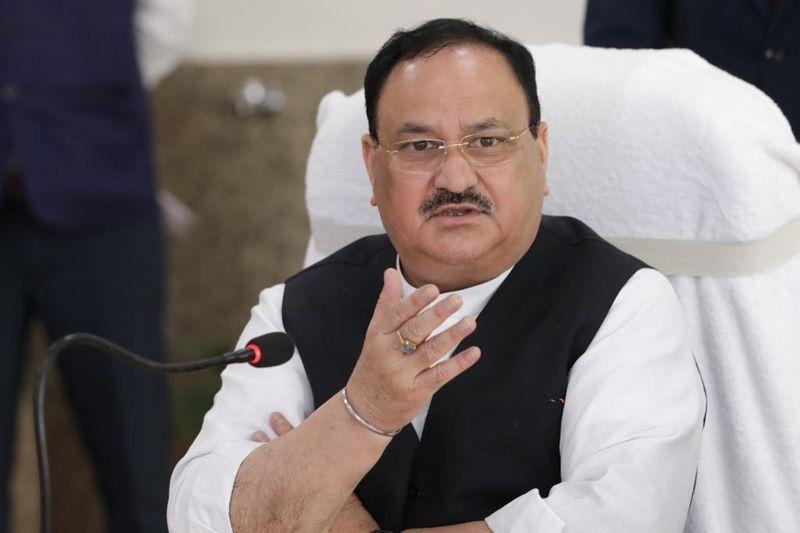
Title: I’ll Teach You if You Don’t Know How to Oppose: Nadda to Opp’n
As the monsoon session of Parliament continues to unfold, Union Minister JP Nadda’s comments on the opposition’s ability to oppose have sparked a heated debate. Speaking in the Lok Sabha on Tuesday, Nadda, who has been a part of the opposition for over 40 years, took a dig at the current opposition, saying, “If you don’t know how to oppose properly, take tuition from me.” His statement came amidst the opposition’s protests against the Bihar government’s electoral rolls revision exercise.
Nadda’s remarks have been seen as a veiled attack on the opposition parties, who have been criticizing the Centre’s policies and decisions. The Union Minister’s statement has also been interpreted as a suggestion that the current opposition parties are not as experienced or skilled as they should be in terms of opposing the government.
The opposition parties, however, have taken strong exception to Nadda’s comments, labeling them as condescending and an attempt to belittle their role in the democratic process. The Congress party, in particular, has been vocal in its criticism of Nadda’s statement, with party leader Rahul Gandhi calling it an “insult to democracy”.
But what exactly does Nadda mean by his statement? Is he suggesting that the current opposition parties are not capable of opposing the government effectively, or is he simply trying to provoke them into a confrontation? To understand Nadda’s statement, it is necessary to look at the context in which it was made.
The opposition parties have been criticizing the Centre’s decision to revise the electoral rolls in Bihar, claiming that it is an attempt to disenfranchise certain sections of the population. The Bihar government, on the other hand, has maintained that the exercise is necessary to maintain the integrity of the electoral process.
In this context, Nadda’s statement can be seen as a reflection of the government’s frustration with the opposition’s constant criticism and opposition to its policies. The Union Minister may be suggesting that the opposition parties are not capable of understanding the complexities of the electoral rolls revision exercise, and therefore, are not in a position to oppose it effectively.
However, this interpretation is not entirely accurate. The opposition parties have been criticizing the Centre’s decision on the grounds that it is an attempt to suppress the opposition’s voice, rather than an attempt to improve the electoral process. In this sense, Nadda’s statement can be seen as an attempt to divert attention away from the real issues and instead focus on the opposition’s supposed inadequacies.
It is also worth noting that Nadda’s statement is not an isolated incident. The Centre has been attacking the opposition parties for some time now, accusing them of being ineffective and incapable of governing. This rhetoric has been used to justify the Centre’s actions, including its decision to revoke Article 370 and bifurcate Jammu and Kashmir into two union territories.
In conclusion, Nadda’s statement is not just a personal attack on the opposition parties, but also a reflection of the Centre’s broader strategy of delegitimizing the opposition and justifying its own actions. The opposition parties, however, are not likely to take the bait, and will instead continue to criticize the Centre’s policies and decisions.
As the monsoon session of Parliament continues, it remains to be seen how the opposition parties will respond to Nadda’s statement. Will they take the bait and engage in a confrontation with the Centre, or will they continue to focus on the real issues at hand? Only time will tell.






